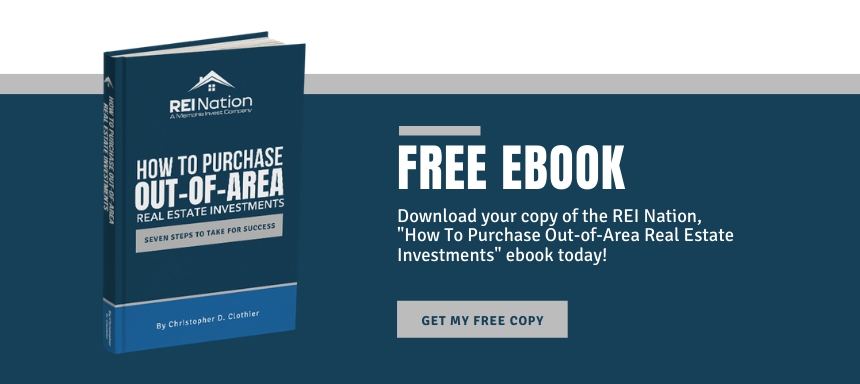 You've decided you want to invest in real estate. You're determined, but you don't yet have the capital to comfortably pull the trigger. Because investments are best made as soon as you can (more time to earn passive income, benefit from appreciation, and build a portfolio), you really need to get your finances in order.
You've decided you want to invest in real estate. You're determined, but you don't yet have the capital to comfortably pull the trigger. Because investments are best made as soon as you can (more time to earn passive income, benefit from appreciation, and build a portfolio), you really need to get your finances in order.
Investing in real estate is a big financial decision: you will want not only the budget to cover your property acquisition, but you'll want an all-important safety net to handle any unexpected surprises along the way.
If you're young and struggling to save, investing in real estate can seem out of reach. Oftentimes, however, it just takes the rewiring of your financial strategies. You can get on the fast track to real estate investment if you follow these tips.
5 Money Management Strategies to Boost Your Savings
Every Penny is Accounted For
When we talk about having a budget, this can have the unfortunate translation of "know what all of my bills are and what I'll have leftover." This, however, isn't an effective way to think about budgeting. A more effective budget accounts for every single penny, not just your non-negotiable expenses.
Giving yourself stricter budgetary guidelines by defining the purpose of each and every dollar you make ensures that money will be saved and how it will be spent. You'll never be left wondering what happened to your money at the end of the month.
Be a Smarter Shopper
Part of saving more money is simply being smarter with money. Not all of us have to become local extreme couponing legends (though it couldn't hurt), but the act of shopping around and being cognizant of discounts and available coupons can save you a lot of money in the long run. Compare different stores and different brands to get the best price. Use coupons. Use free reward programs. Use cash-back shopping online. Wait for sales. All of these strategies can equal to hundreds or thousands extra in your pocket each year.
Sacrifice in the Short-Term
If you're truly intent on saving for something big and saving very quickly, make some necessary sacrifices to get it done. Stop eating out and buying your daily three-dollar cup of coffee. Cancel cable and other subscription services. Eat a little leaner and a little simpler. When you make these short-term sacrifices for long-term gains, you'll find that you can save a lot more a lot faster.
You can start by looking at your bank statements. Tally up what you spend in one month on certain goods and services. You will be astonished at how much certain habitual expenditures add up over time.
Check out our Quick-Guide to Real Estate Investment Financing Strategies
Start Meal Planning
One of the biggest expenses for families every month is groceries. This is an area where we can all do much better financially. One of the ways you can prevent your grocery bill from getting out-of-control is meal planning and prepping. When you know ahead of time what you will make for the week, you can better construct a grocery list. When you keep a grocery list, you prevent impulsive purchases.
At the same time, the meal planning and prepping aspect means you buy what you know you need, not just what you think you might need. This cuts down on food and financial waste.
Reduce Impulse Opportunities
Do you know where you are weakest financially? Saving more usually means spending less. For many of us, that means we must address those areas where we are likely to make impulse purchases. For some, it is that daily cup of coffee. For others, it's seeing marketing emails and advertisements for sales. Whatever your weakness is, do what you can to curb it.
Cull your list of email subscriptions. Make coffee at home. Do what you need to do to reduce your chances of making impulse purchases. In general, this is a good rule of thumb. This is also why it's so important to attach a purpose to every dollar that comes in. While it can help to place a limit on "undesignated spending," it is even better to have a specific budget in mind.
If you rewire how you think about money and dedicate yourself to saving, you'll be able to invest in real estate in no time.
Learn more about how to invest in real estate and build long-term wealth.












